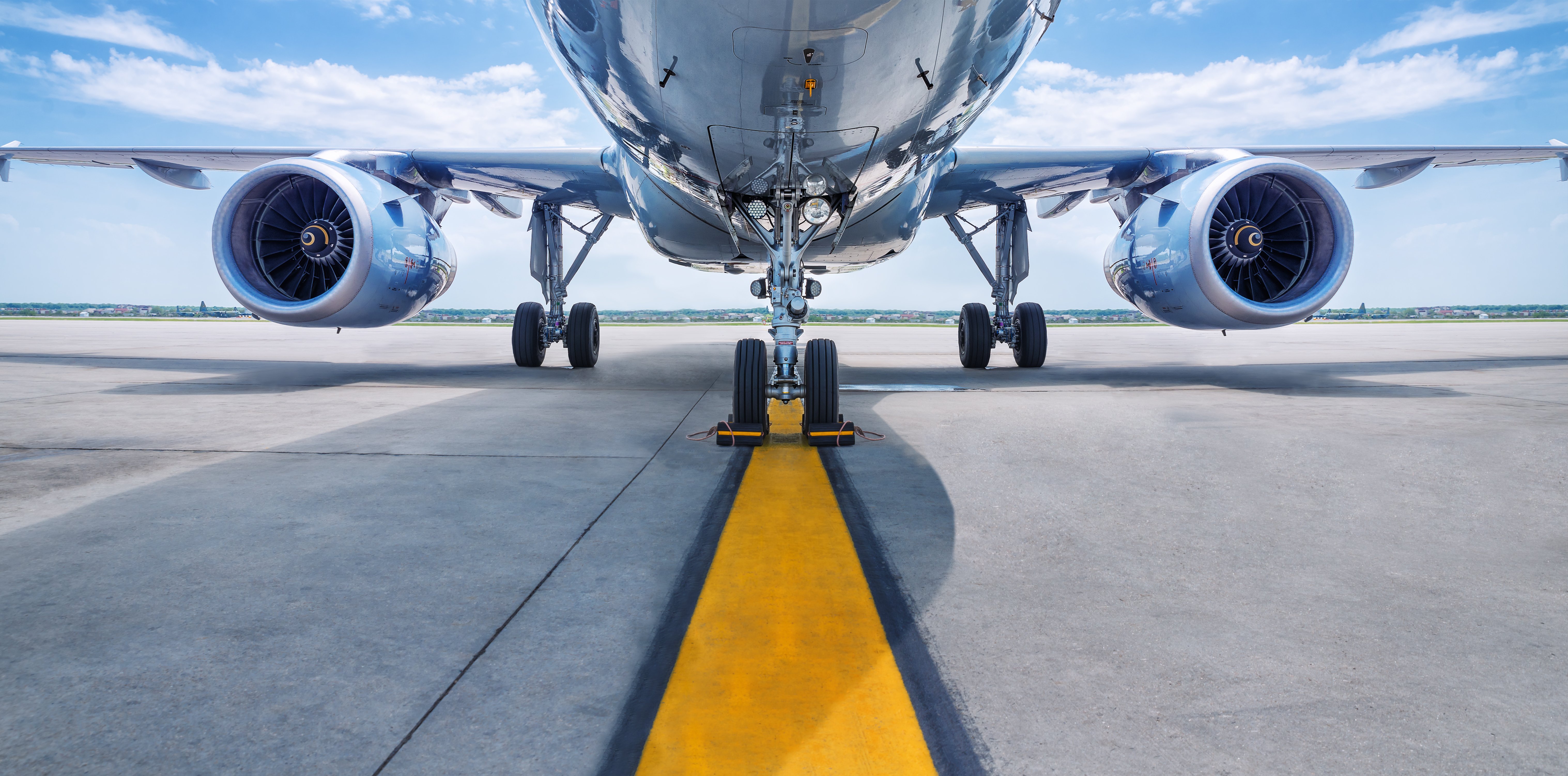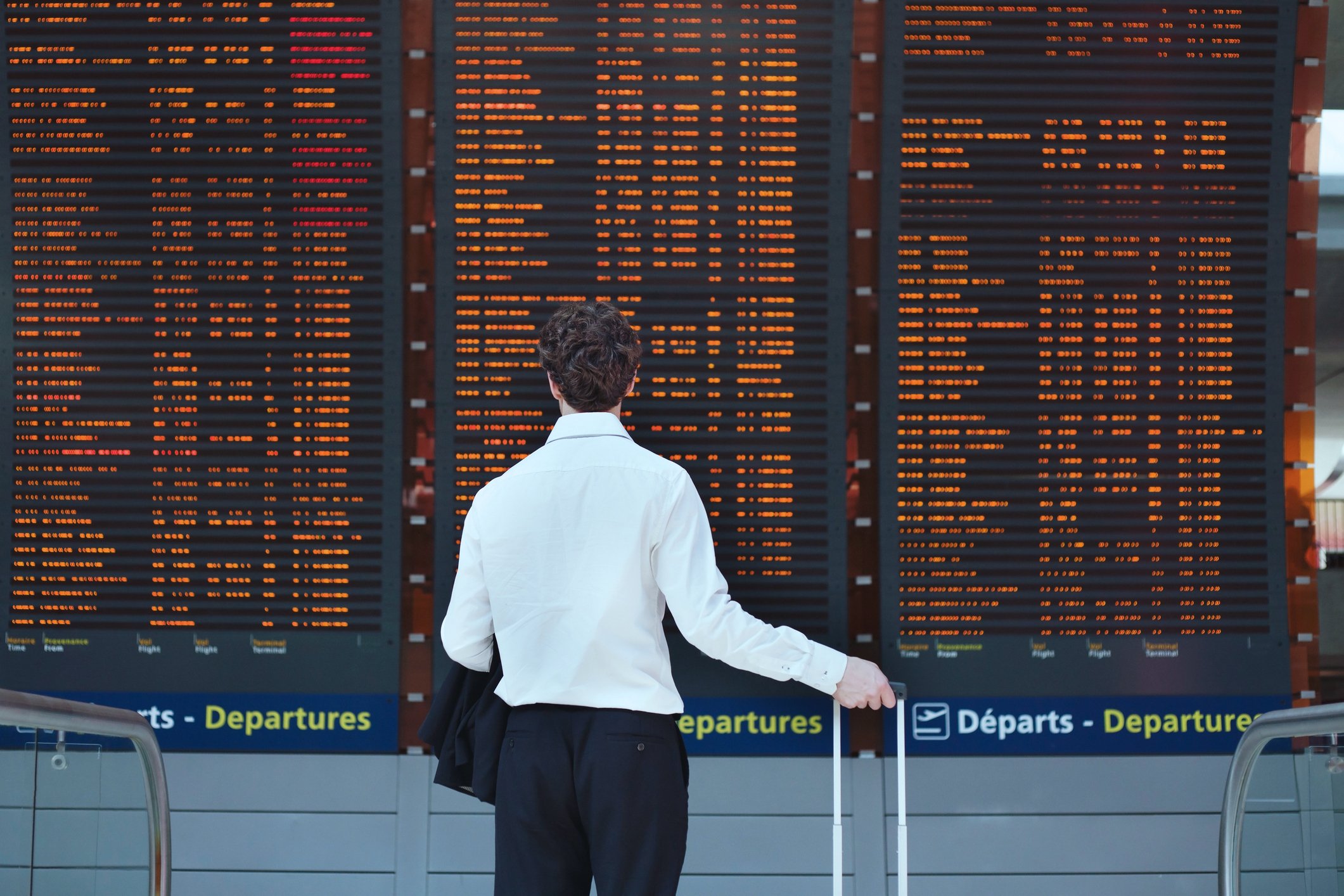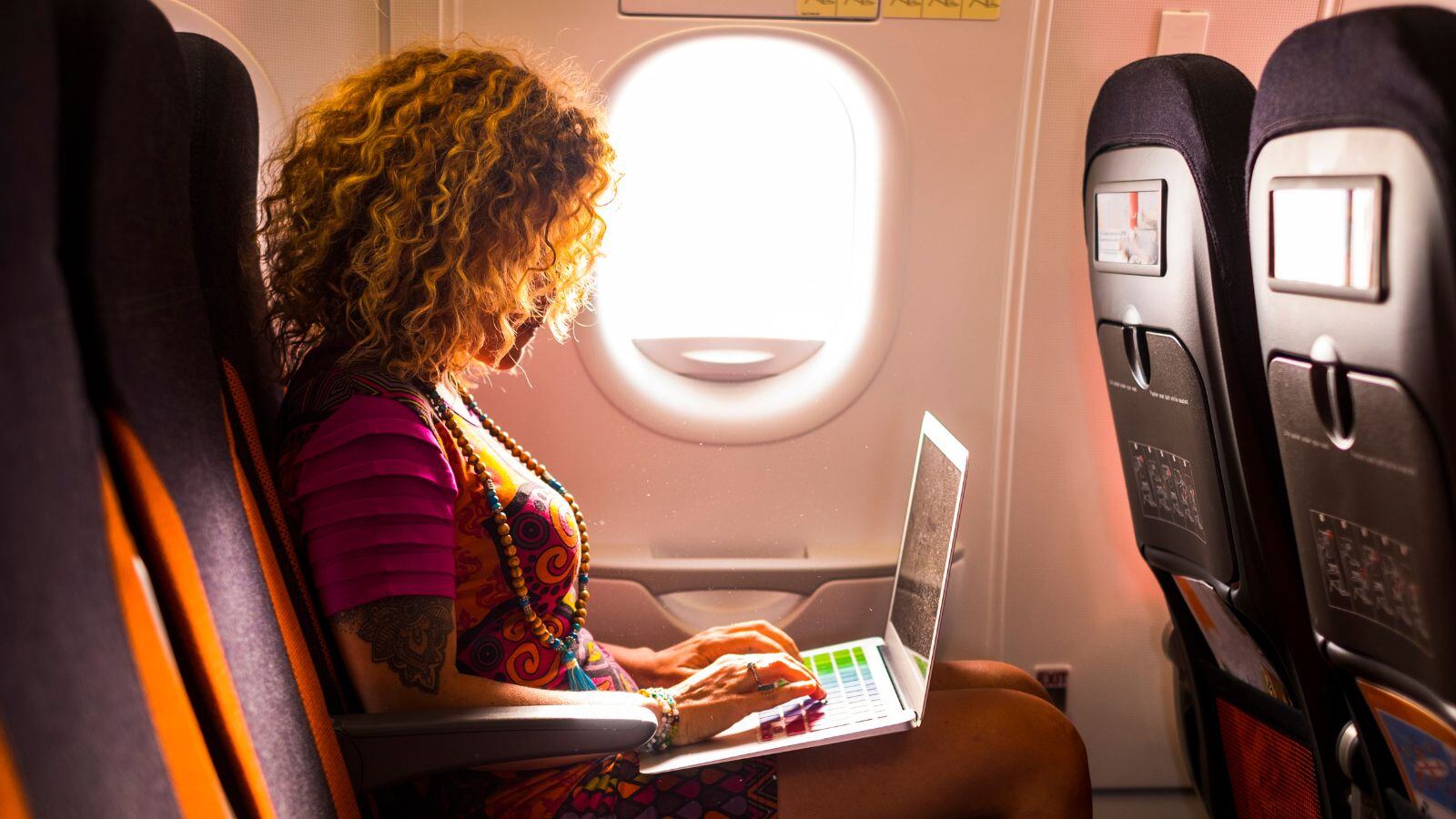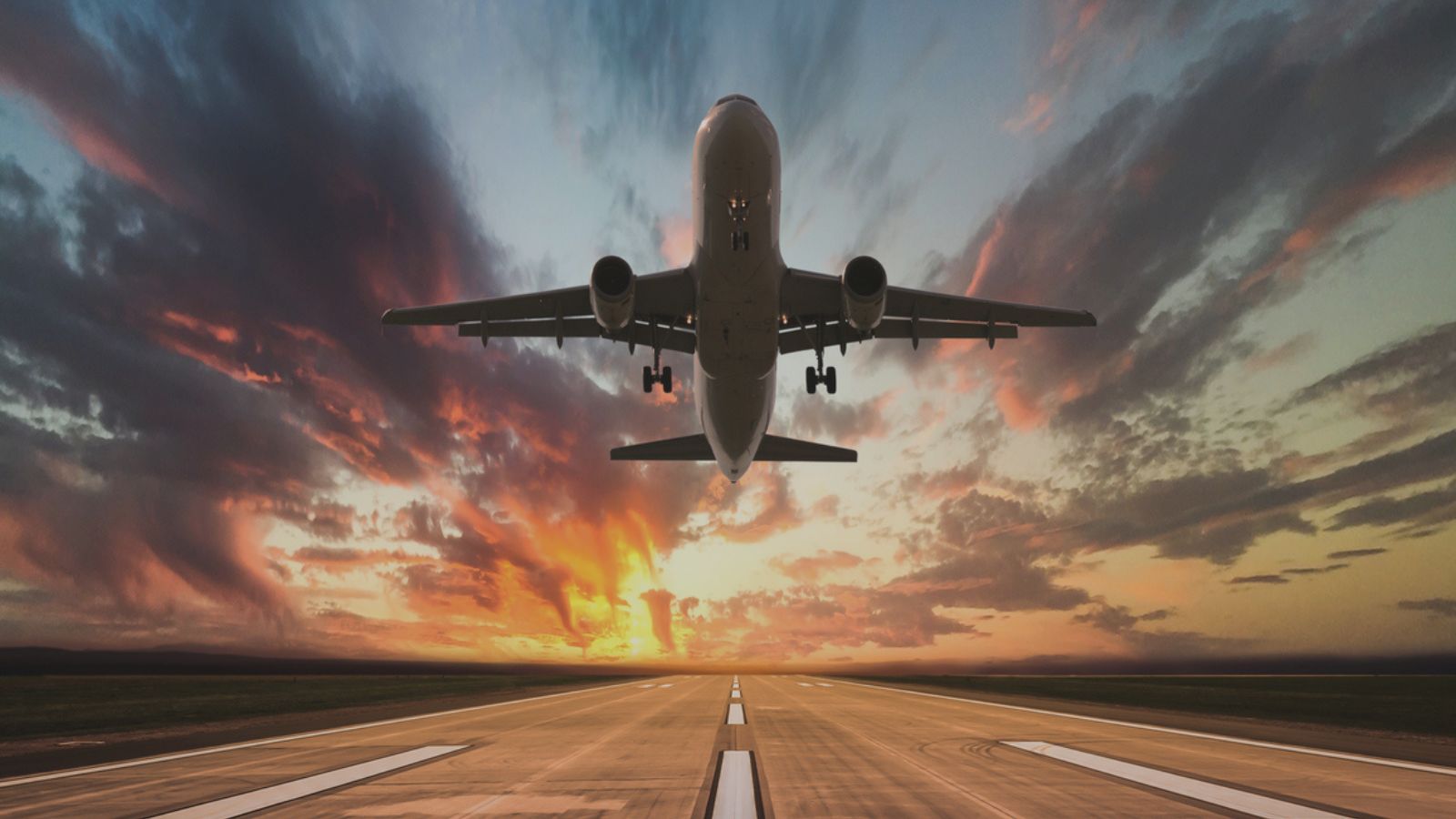Press Room
All the latest news and updates from OAG
CONTACT OUR PRESS TEAM
For enquiries, please contact pressoffice@oag.com.
Subscribe to PRESS UPDATES
By clicking submit you agree to receive instant updates when there is a new press release. See our privacy notice.
Press Room
Dec 16, 2025 4:00:00 PM
Sep 24, 2025 9:15:00 AM
Apr 25, 2025 10:15:00 AM
Feb 18, 2025 9:00:00 AM
Jan 14, 2025 10:23:54 AM
Nov 12, 2024 9:55:00 AM
Sep 25, 2024 10:45:49 AM
Sep 10, 2024 2:19:34 PM
Jun 27, 2024 2:15:00 PM
May 6, 2024 9:15:00 AM
Jul 28, 2023 12:27:22 PM
Jun 1, 2023 4:00:00 PM
Jan 10, 2023 9:06:28 AM
Nov 23, 2022 2:15:00 PM
Sep 27, 2022 9:00:00 AM
Jul 19, 2022 2:02:14 PM
Jul 7, 2022 2:15:00 PM
Mar 24, 2022 11:13:15 AM
Mar 8, 2022 11:31:00 AM
Jun 28, 2021 2:10:38 PM
Subscribe to our press office
By clicking submit you agree to receive instant updates when there is a new press release. See our privacy notice.




.jpg)





.png)






